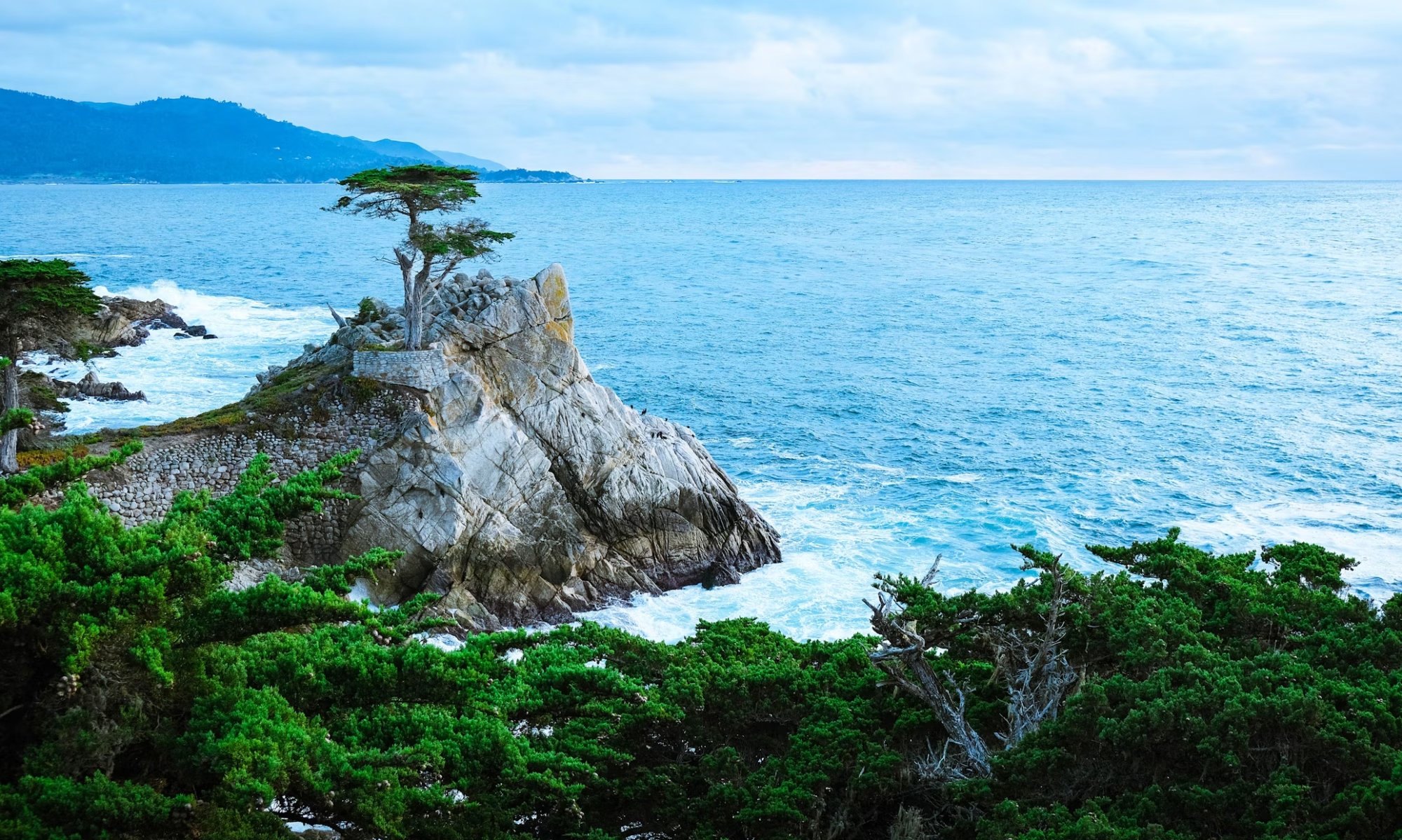UNEP

During my Spring Break 2019 trip I had the opportunity to travel to Louisville Kentucky, and Panama City, Panama. I met with community organizers in Louisville Kentucky, ecotourism professionals, investors, Smithsonian researchers and a MIIS alumni who works at the United Nation Environment Program in Panama. I learned how Climate Adaptation and development projects impact the community, the economy and the potential to sequester carbon. I found that there was a thread connecting all three together. Each sector was taking a different approach, yet they were all working towards the same end goal. Capacitation is of the utmost importance to each group.
While in Louisville I spent the day with the Program Director from Louisville Grows. LG is dedicated to growing a just and sustainable community through urban agriculture, urban forestry, and environmental education. We toured the offices where they host movie nights, educational workshops and community events. We then went on to tour the greenhouse where they grow thousands of vegetables and tree starters to sell or give away to local organizations. Lisa Dettinger was a gracious host who talked about the gentrification of Louisville and how it has impacted their city. Louisville has one of the largest heat Island Effects
When I arrived in Panama, I had set-up meetings with David Bayers, the Program Director of Canopy Tours. He works as a facilitator for a large birding operation in the Darien Gap region. Prior to working for Canopy Tours David was a Peace Corps Volunteer working on Environmental Management projects. As a Peace Corps Volunteer, he came across the Trans Panama Trail which is a trail that has been geotagged from the Panama Colombia Border to Costa Rica. The goal of the Trans Panama Trail is to, “Inspire interest and increase access to outdoor recreation in Panama.” In order to prepare for his journey, he created a Kickstarter campaign to raise funds for food and equipment he would need along the way. Throughout the 3 months he was hiking through the backcountry he was able to organize classroom charlas about environmental education and the importance of protecting nature instead of viewing the forest as a means to an end. We talked about the importance of increasing knowledge about enjoying the great outdoors and how implore communities to protect rather than destroy their natural resources.
I had the chance to interview Jefferson Hall, Director of the Agua Salud Project and Staff Scientist at the Tropical Research Institute in Panama City. Jefferson Hall is a scientist researching the ecosystem services provided by tropical forests and how land use decisions can affect these forests. Jefferson works in forest ecology for the Smithsonian Tropical Research Institute (STRI) and is the Direcor of the Agua Salud project, which seeks to understand and quantify the ecological, social, and economic services provided by tropical forests in the Panama Canal Watershed. His goal is to leverage Agua Salud’s research findings to improve land management across the tropics. His passion for studying naturally regenerating secondary and planted forests draws on his awareness that mature forests face increasing pressures from population growth and land conversion. As older forests are lost, people will need to rely on secondary forests to provide all of the same services and goods. Jefferson’s work is creating new possibilities for restoring and managing ecosystem services in these changing tropical forest landscapes.
This trip has allowed me to grow both personally and professionally. I was able to meet with organizations in American and Central America to understand how to approach climate adaptation and mitigation through local sustainability strategies. I learned how climate change projects in Panama have impacted their response to global climate change policies. Ultimately, this project allowed me to understand the complex international environmental policy guidelines in order to comply with the Paris Agreement.




You must be logged in to post a comment.